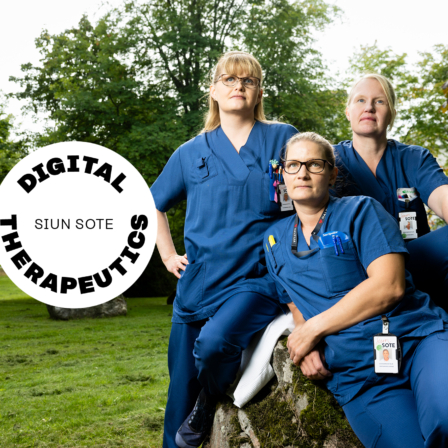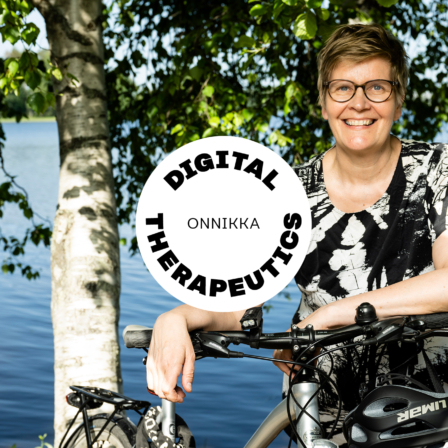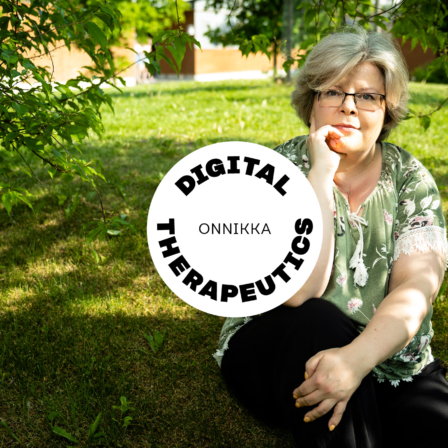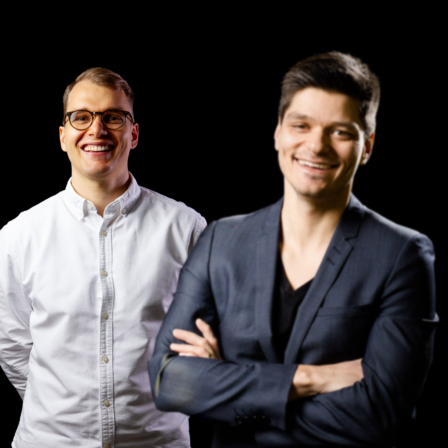Nearly all of Sitra’s six digital therapeutic pilots are well underway. The digital therapeutics featured in the pilots are evidence-based digital care methods, such as health apps for smartphones. They are offered directly to patients to support their treatment and rehabilitation.
The projects focus on the following illnesses, syndromes or patient groups: adult asthma, weight management, fatigue in MS patients, cancer care, remote rehabilitation for musculoskeletal disorders and treatment balance for patients on blood thinners.
In the most well-advanced projects, healthcare professionals have already been trained and the patients have started to use the methods and equipment used in the pilot. Pilots directly linked to patients’ daily lives have progressed faster than research-based ones.
Demand for digital therapeutics is greater than the pilots can provide.
Early on, it was observed that people have a great need for new forms of digital care methods. Patients want more information and guidance in treating their illnesses. The demand for digital therapeutics seems to be greater than the pilots can offer. Healthcare professionals also often want more tools in order to better help their patients. In some pilots their uptake had to actually be slowed down to keep pace with their follow-up.
Initial results include the Onnikka weight management app used in the Central Finland Health Care District, where users report having lost three per cent of their bodyweight within a couple of months. While it wouldn’t be realistic to expect such rapid progress throughout the pilot, the early results are promising.
Using digital therapeutics requires new skills, but reduces visits to outpatient clinics.
The use of digital solutions requires skills for which some patients need personalised guidance. Younger patients who are used to mobile phones and apps do not need such specific support, but patients with multiple diseases and those not used to digital devices will often need guidance. Providing instructions is one form of guidance, but there is also need for encouragement and emotional support from professionals regarding the method. Such situations highlight the importance of training healthcare professionals. They need clinical data and experience on using the solutions so as to provide guidance and reassure patients.
Monitoring effectiveness is difficult in short pilots that last about a year. Often, patients are selected on the basis of their own activity and it is not easy to find a direct control group. More detailed data will only become available once the projects end, in summer 2023.
Of course, the million-dollar question is whether digital therapeutics will actually save money. The current pilots create cost savings indirectly. In practice, they may reduce the number of visits to outpatient clinics and the need for services elsewhere in the service system, for example. Efficiency is also important. The use of digital therapeutics should reduce the time spent by healthcare professionals compared to traditional approaches. Many digital therapeutics can reduce time taken for phone calls and follow-up.
The preliminary results are promising. Despite the small number of pilots, they can pave the way for disease prevention, rehabilitation and treatment in future healthcare.












